With internet privacy and data security becoming top priorities for individuals and businesses, proxies are gaining widespread attention. But as the demand for proxies grows, so does the variety of types available. Selecting the right proxy for your specific needs can be overwhelming, especially for those unfamiliar with the different options.
In this guide, we’ll break down the most common types of proxies, their uses, and how to choose the one that fits your needs. Whether you’re looking to enhance your browsing privacy or run large-scale web scraping operations, there’s a proxy designed for you.
What Is a Proxy?
A proxy server acts as an intermediary between your device and the internet. Instead of connecting directly to a website, your request is routed through the proxy server. This hides your IP address, providing greater anonymity and helping to bypass geographic restrictions.
Each type of proxy has its own strengths and weaknesses, and choosing the right one depends on your goals. Here’s a detailed look at the different types of proxies available.
1. HTTP Proxies
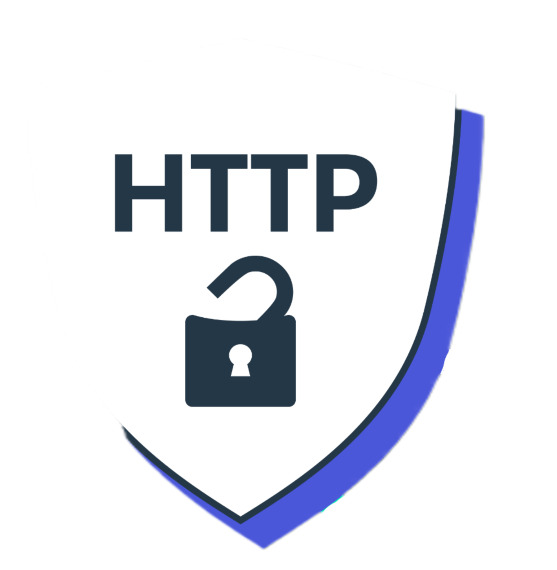
What Is an HTTP Proxy?
An HTTP proxy is the most basic form of proxy, designed to handle only web traffic. It works by routing your HTTP requests (the standard protocol used for websites) through the proxy server before they reach the website you’re trying to visit. HTTP proxies can be used for activities like anonymous browsing or managing multiple accounts on a single website.
When Should You Use an HTTP Proxy?
- Anonymous browsing: If your main goal is to hide your IP address while browsing websites, an HTTP proxy can suffice.
- Bypassing simple geo-blocks: It can help bypass geographic restrictions on certain websites, though it’s not as effective for more complex content filters.
Pros of HTTP Proxies:
- Fast and efficient for web browsing.
- Easy to configure in browsers or applications.
Cons of HTTP Proxies:
- Only handles web traffic (HTTP/HTTPS).
- Lacks encryption, leaving your data vulnerable.
For those looking for a basic and low-cost solution for web browsing, HTTP proxies are a good option. However, if you need more security or plan to use the proxy for other types of traffic, you might want to consider other options.
Looking for a fast and reliable HTTP proxy? Check out our top recommended proxy providers here.
2. HTTPS Proxies
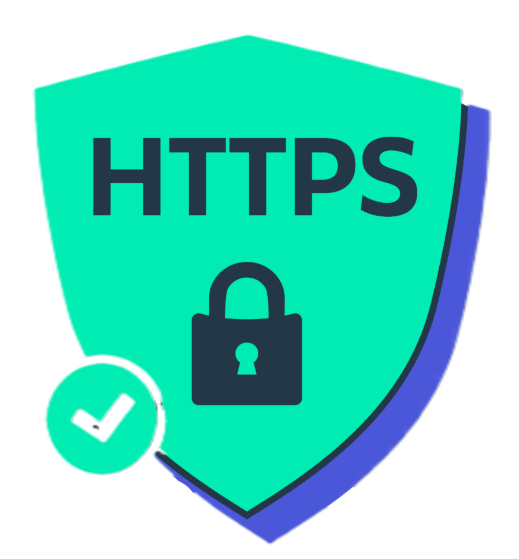
What Is an HTTPS Proxy?
An HTTPS proxy is similar to an HTTP proxy but with one key difference: encryption. HTTPS proxies can handle encrypted traffic, meaning the data transmitted between your device and the proxy server is secure. This makes HTTPS proxies more suitable for activities where privacy is critical.
When Should You Use an HTTPS Proxy?
- Sensitive browsing: If you’re handling sensitive information like online banking or private emails, an HTTPS proxy provides the encryption necessary to keep your data safe.
- Web scraping: For web scraping operations that involve sites using HTTPS (which most websites do), HTTPS proxies ensure the data remains encrypted and secure.
Pros of HTTPS Proxies:
- Encrypts your data for secure transmission.
- Protects sensitive information like passwords and personal data.
Cons of HTTPS Proxies:
- Can be slower than HTTP proxies due to encryption overhead.
- Still limited to web traffic (HTTP/HTTPS).
If your main concern is privacy during web browsing or scraping, an HTTPS proxy is a stronger, more secure option compared to HTTP proxies.
To learn more about how encryption works and its benefits, check out this article on How encryption works?
3. SOCKS Proxies

What Is a SOCKS Proxy?
A SOCKS proxy is more versatile than HTTP or HTTPS proxies. It can handle all types of internet traffic, including web traffic, email, FTP, and even peer-to-peer connections. The most common version is SOCKS5, which offers additional security features like authentication and support for the UDP protocol (which is used in video streaming and gaming).
When Should You Use a SOCKS Proxy?
- Torrenting: SOCKS proxies are popular among users who want to anonymize their torrenting activities.
- Bypassing strict firewalls: SOCKS proxies are great for accessing content that may be blocked by corporate or national firewalls, such as social media platforms or geo-restricted content.
- Online gaming: Due to their support for UDP, SOCKS proxies can be used for online gaming and video streaming.
Pros of SOCKS Proxies:
- Can handle any type of internet traffic.
- Offers enhanced security compared to HTTP proxies.
- Useful for bypassing firewalls and content filters.
Cons of SOCKS Proxies:
- Slower than HTTP proxies, especially with SOCKS5.
- Generally more expensive than HTTP or HTTPS proxies.
If you’re engaging in more complex activities like torrenting, gaming, or need to bypass strict firewalls, a SOCKS5 proxy might be your best bet.
Need a powerful and secure SOCKS5 proxy? Get exclusive discounts on top-rated SOCKS proxy services here.
4. Residential Proxies
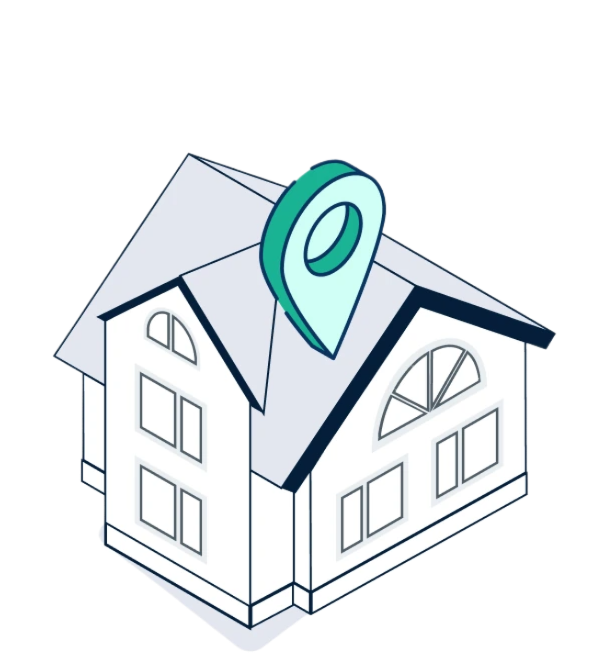
What Is a Residential Proxy?
A residential proxy is an IP address assigned to a real residential device (like a home computer). These proxies are considered the most “authentic” because they mimic real user activity, making them less likely to be blocked by websites. Residential proxies are ideal for activities that require high levels of trust and anonymity.
When Should You Use a Residential Proxy?
- Web scraping: Residential proxies are essential for web scraping large websites, as they are less likely to be flagged or banned.
- Accessing geo-restricted content: Because residential proxies appear to come from real users, they are more effective at bypassing geographic restrictions, especially on streaming platforms.
- E-commerce activities: Residential proxies are often used for activities like sneaker bots, where high anonymity and reliability are necessary to avoid bans.
Pros of Residential Proxies:
- High anonymity and trust level.
- Less likely to be detected or blocked.
- Ideal for large-scale web scraping or automation tasks.
Cons of Residential Proxies:
- More expensive than other types of proxies.
- Slower than datacenter proxies due to real residential connections.
Residential proxies are the gold standard for activities where anonymity and trust are crucial. However, the higher price point can be a deterrent for those on a budget.
For a more in-depth comparison of residential and datacenter proxies, check out our post on Residential vs Datacenter Proxies: Which Is Right for You?
5. Datacenter Proxies
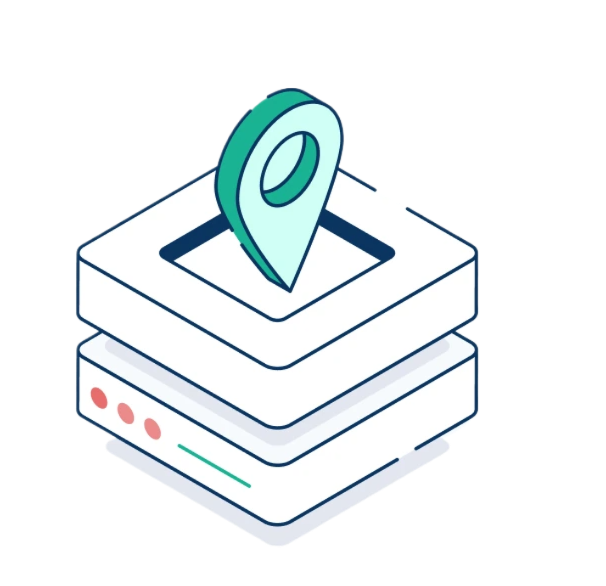
What Is a Datacenter Proxy?
A datacenter proxy is not affiliated with an internet service provider (ISP) and comes from cloud hosting providers. While these proxies are fast and inexpensive, they are also more likely to be detected and blocked by websites, especially for activities like web scraping.
When Should You Use a Datacenter Proxy?
- Fast browsing: If you need a fast proxy for basic web browsing or less sensitive activities, a datacenter proxy is a good option.
- Cost-effective scraping: Datacenter proxies are often used for smaller web scraping tasks where budget is a concern and being blocked isn’t a critical issue.
Pros of Datacenter Proxies:
- Fast and scalable.
- Cheaper than residential proxies.
- Ideal for non-sensitive tasks like web browsing or scraping low-security websites.
Cons of Datacenter Proxies:
- More likely to be blocked by websites.
- Less secure and less trusted than residential proxies.
If you’re looking for an affordable and fast proxy for tasks that don’t require high levels of anonymity, a datacenter proxy is an excellent choice.
Ready to get started with datacenter proxies? Explore our top providers here.
6. Rotating Proxies
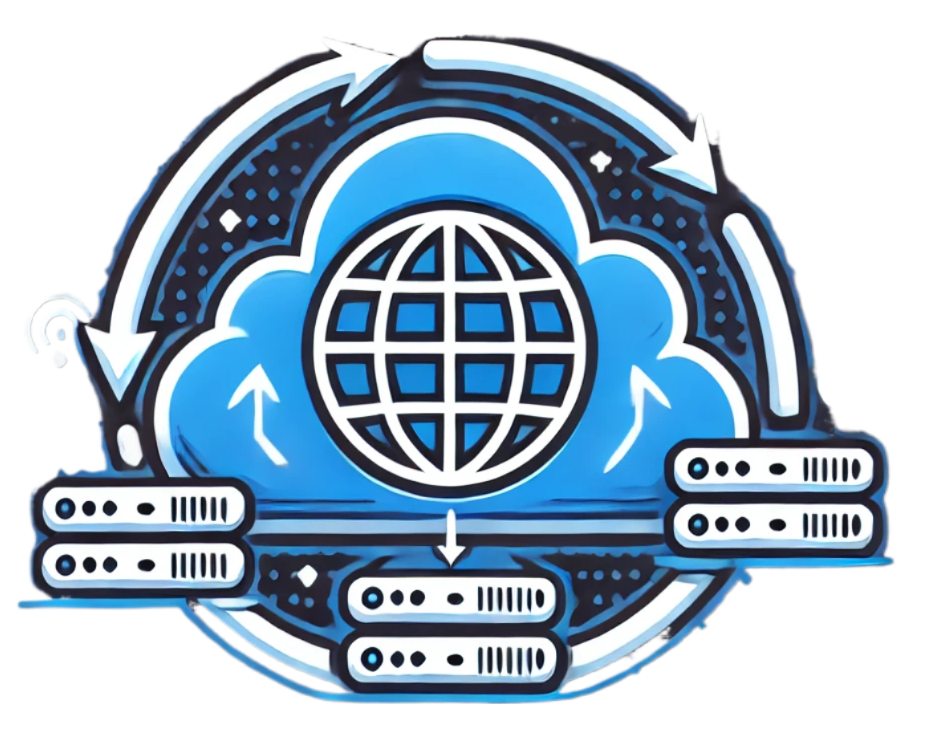
What Is a Rotating Proxy?
A rotating proxy automatically switches between different IP addresses at set intervals or after each request. This type of proxy is particularly useful for web scraping or managing multiple social media accounts, as it prevents your IP from being flagged or blocked.
When Should You Use a Rotating Proxy?
- Web scraping at scale: Rotating proxies are perfect for large-scale web scraping operations, as they reduce the risk of being blocked by websites.
- Social media management: If you’re managing multiple accounts on platforms like Instagram or Facebook, rotating proxies can help you avoid bans.
Pros of Rotating Proxies:
- Reduces the risk of getting blocked during web scraping.
- Allows multiple accounts to operate without detection.
Cons of Rotating Proxies:
- More expensive than standard proxies.
- Requires advanced configuration for some tasks.
If you’re involved in activities where multiple IP addresses are required, such as large-scale scraping or social media management, rotating proxies are the way to go.
How to Choose the Right Proxy for You
Choosing the right proxy depends on your specific needs. Here’s a quick breakdown based on common use cases:
- For anonymous browsing: Go with an HTTP proxy if you’re just looking to hide your IP address during basic browsing.
- For privacy and security: An HTTPS proxy provides encryption for sensitive browsing activities.
- For torrenting or bypassing firewalls: A SOCKS5 proxy is the most versatile option.
- For web scraping: Use a residential proxy or a rotating proxy for large-scale operations.
- For budget-conscious users: A datacenter proxy offers fast speeds at a lower price, though it may be less secure.
Still unsure which proxy is right for you? Click here for a detailed comparison of the best proxy providers, along with exclusive deals on premium plans.